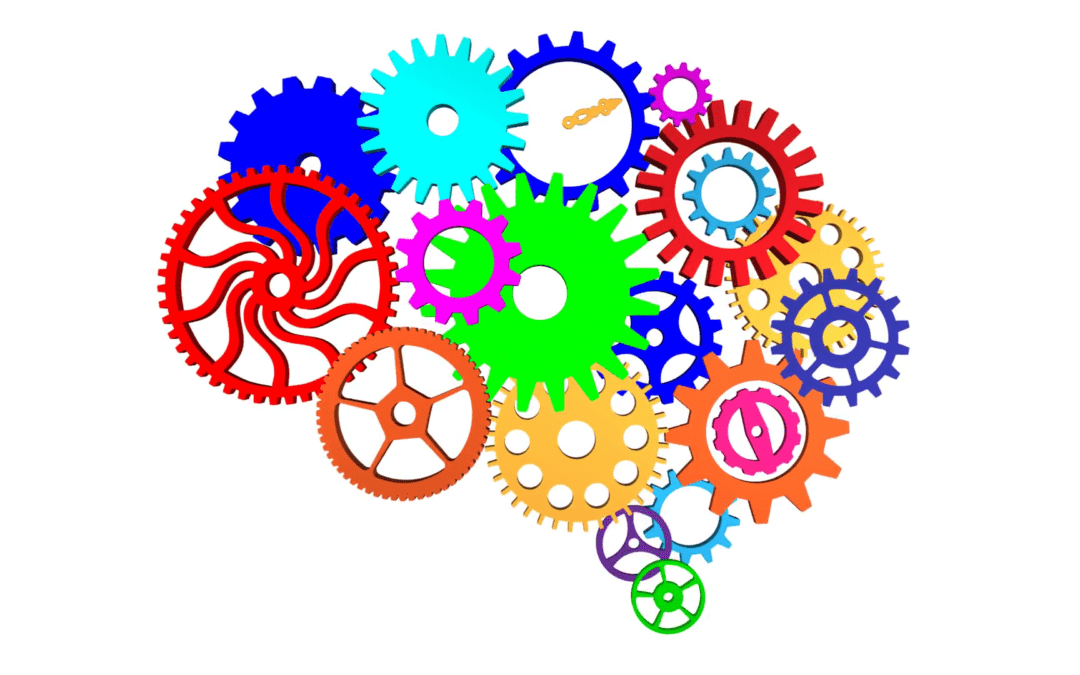By Dovid Spinka, LMSW
I have so much to do today! Emails to respond to… Appointments to coordinate… Errands to run… All in addition to things like eating, sleeping, exercise, getting dressed…
If you are like most New Yorkers, within the first few minutes of waking up your brain has made a staggering number of decisions. In the days of old, most people ate and wore what they had, and worked at the jobs that they could find (not the ones they wanted), and there simply weren’t many opportunities to choose anything. But today, we have so many options and at each choice point there is a decision to be made. In order to cope with the incredible breadth of options that we have today (as one example, have you noticed that most grocery stores carry more than 10 types of ketchup?!) most people turn to cognitive multi-tasking – the process of rapidly switching attention between tasks and activities. Cognitive science research suggests that computer-users switch tasks well above 300 times during each working day.
Regardless of how intelligent you may be, it taxes the brain to make decision after decision. In modern psychology, that tax is called “Decision Fatigue” and it negatively impacts our ability to make effective, efficient, and optimal choices. In a recent study published in the highly influential National Academy of Science, it was reported that judges ruling over criminal cases were substantially more likely to grant parole for cases they judged in the mornings relative to cases heard in the afternoons. Simply sitting and deliberating to make decisions can be fatiguing.
Needless to say, decision fatigue can also impact our relationships with ourselves and others. The more cognitively tired we are, the harder it is to recognize and meet our basic needs, and be connected to others.
What can we do to prevent and mitigate the effects of decision fatigue? Here are five strategies:
- Plan your day the night before – Spend a few minutes before going to bed each night to develop an outline of tomorrow’s tasks and events. Simplify this into morning, afternoon and evening slots, and create a “to do” list for the day ahead.
- Prioritize your most important tasks for earlier in the day when mental energy is at its peak.
- Have set times for checking work/personal emails – try limiting checking your email to 4 times per day at fixed hour intervals. Warning: For those of us who are addicted to our devices this will be extremely challenging! If you are one of these people, try scheduling email time just one or two days a week at first, and building up over time.
- Utilize the power of mindfulness to recharge your mental resources. Take regular mini breaks from whatever you are doing and just mindfully observe the world through your five senses of sight, touch, smell, taste and sound.
- Exercise – take 30 minutes out of each day to engage in some form of physical activity. Brisk walking and choosing the stairs over the elevator at work are two quick ways of accessing the physical and mental restorative effects of exercise.


Recent Comments